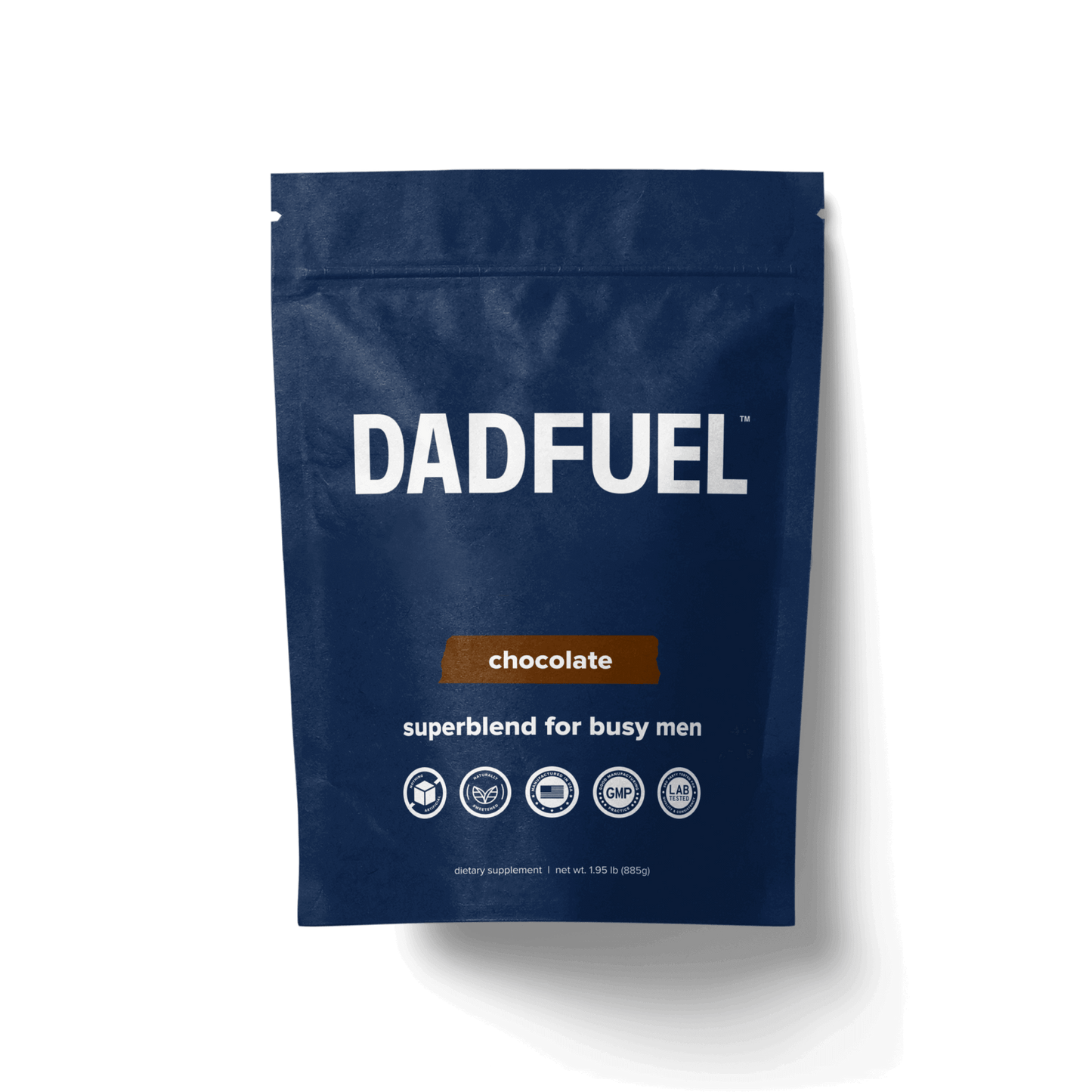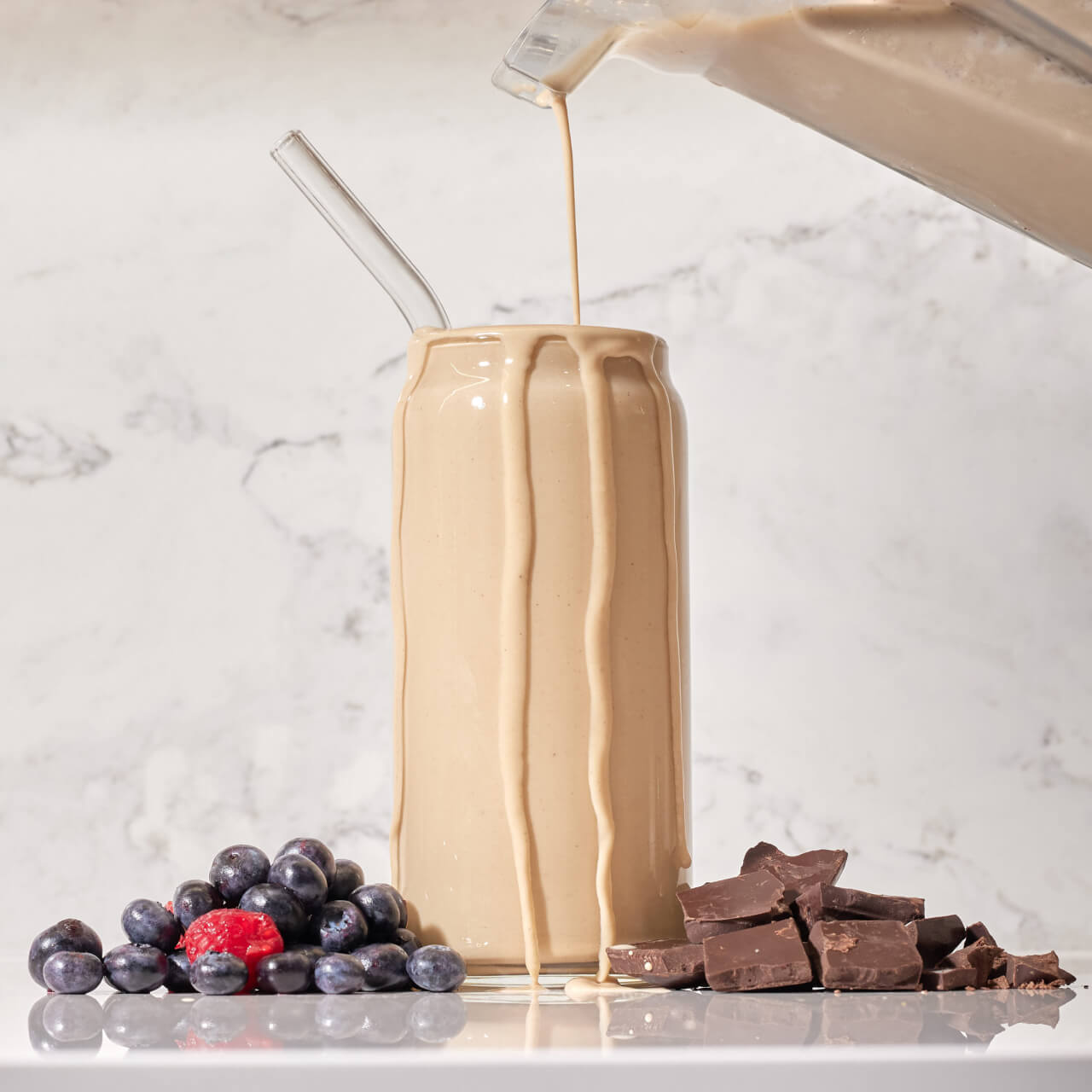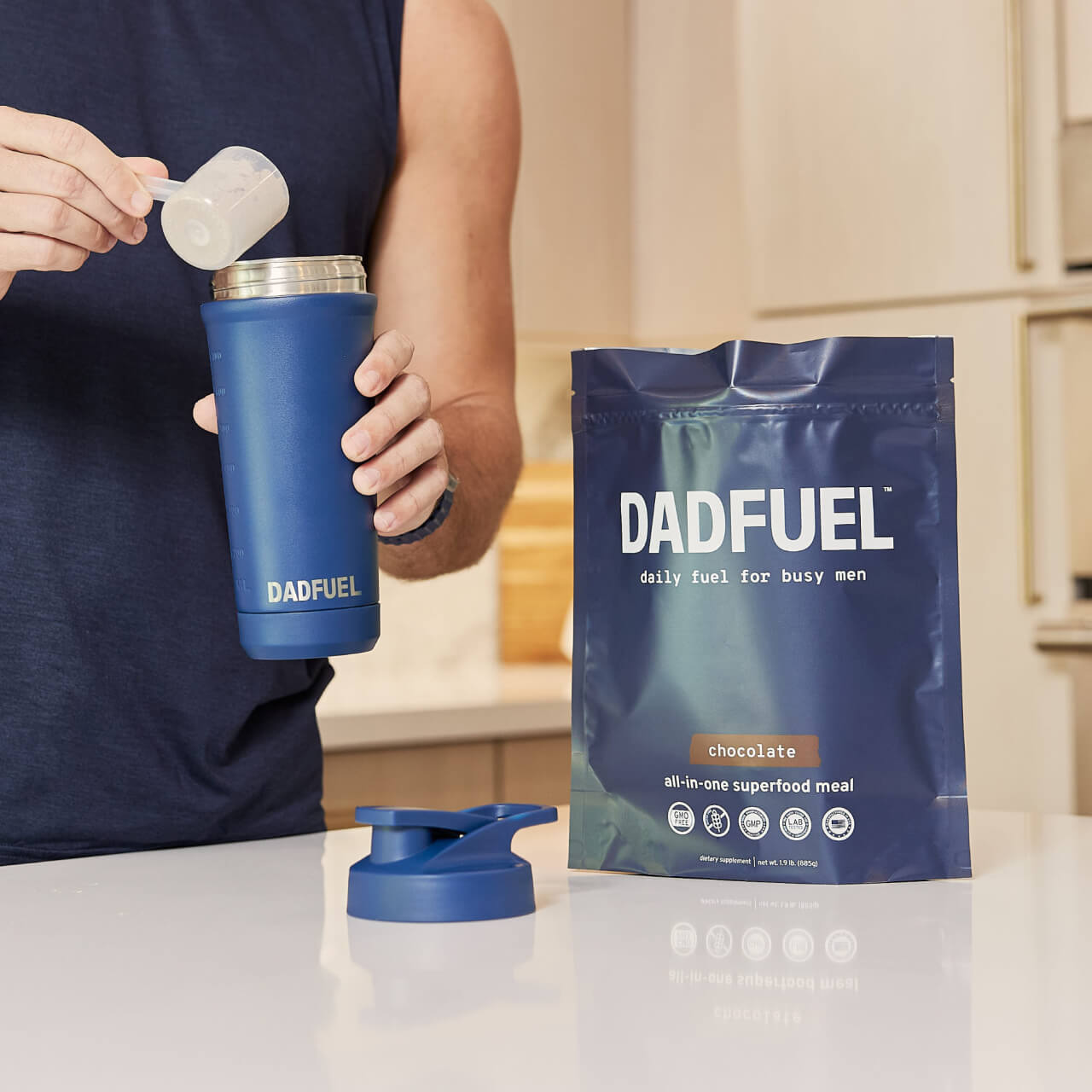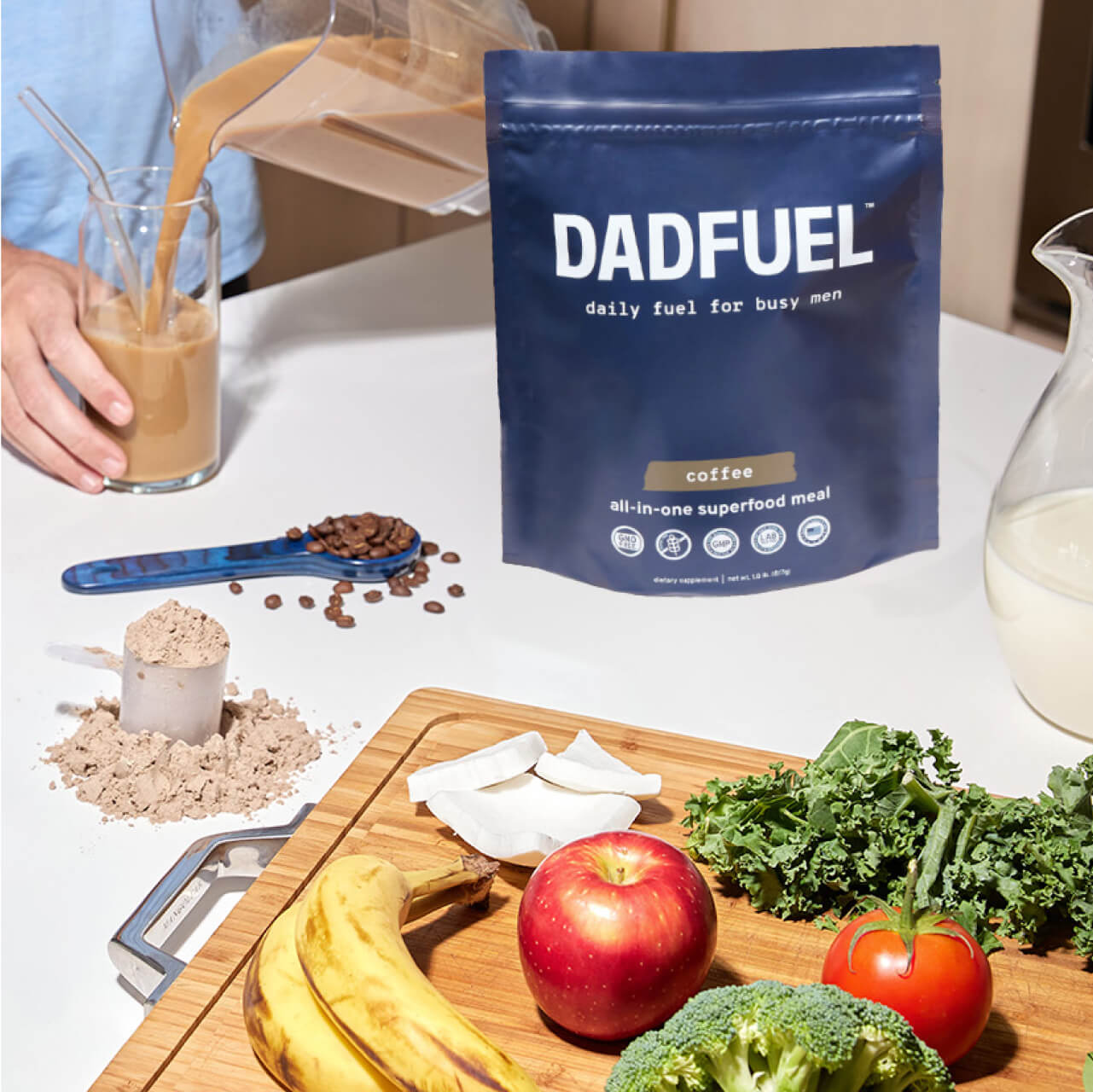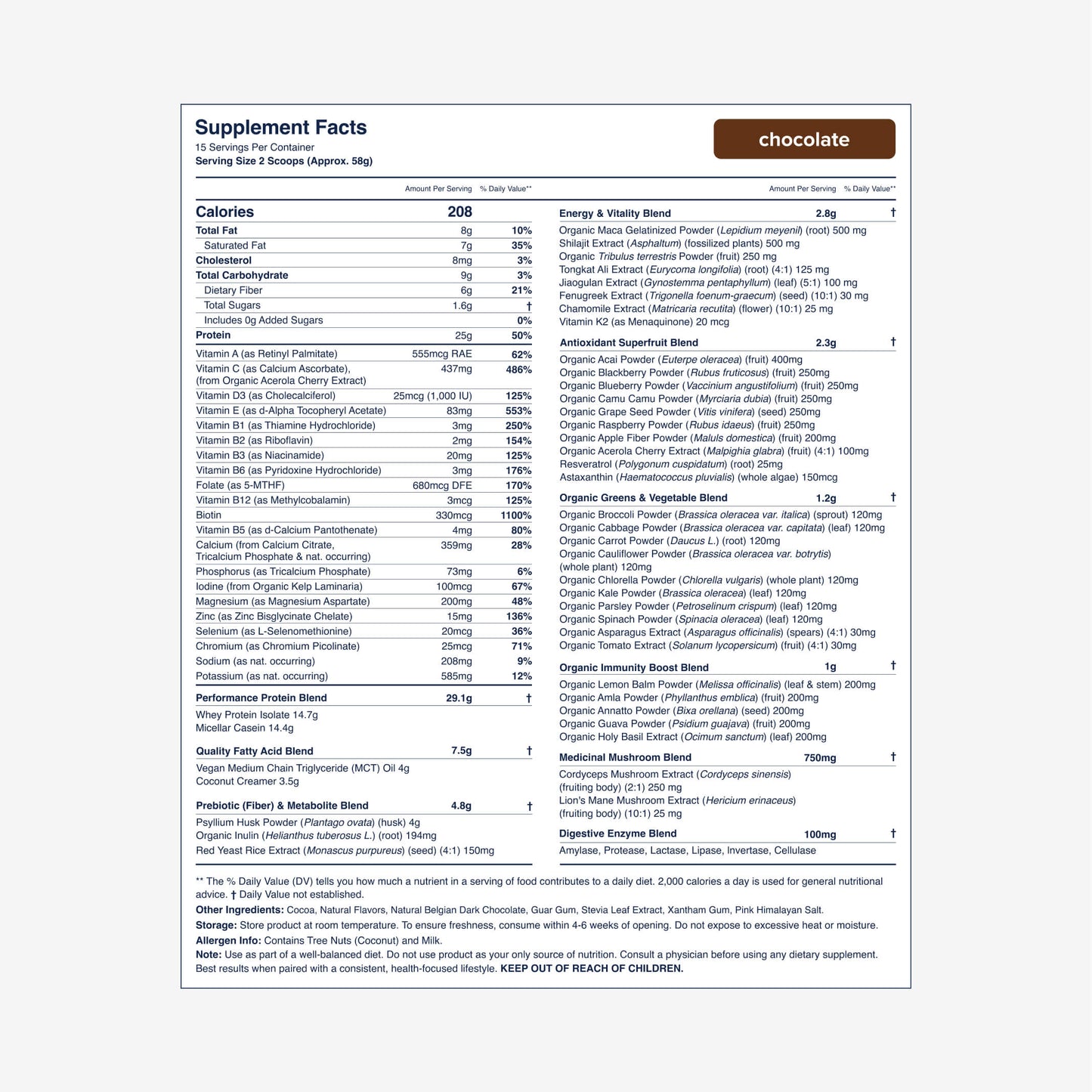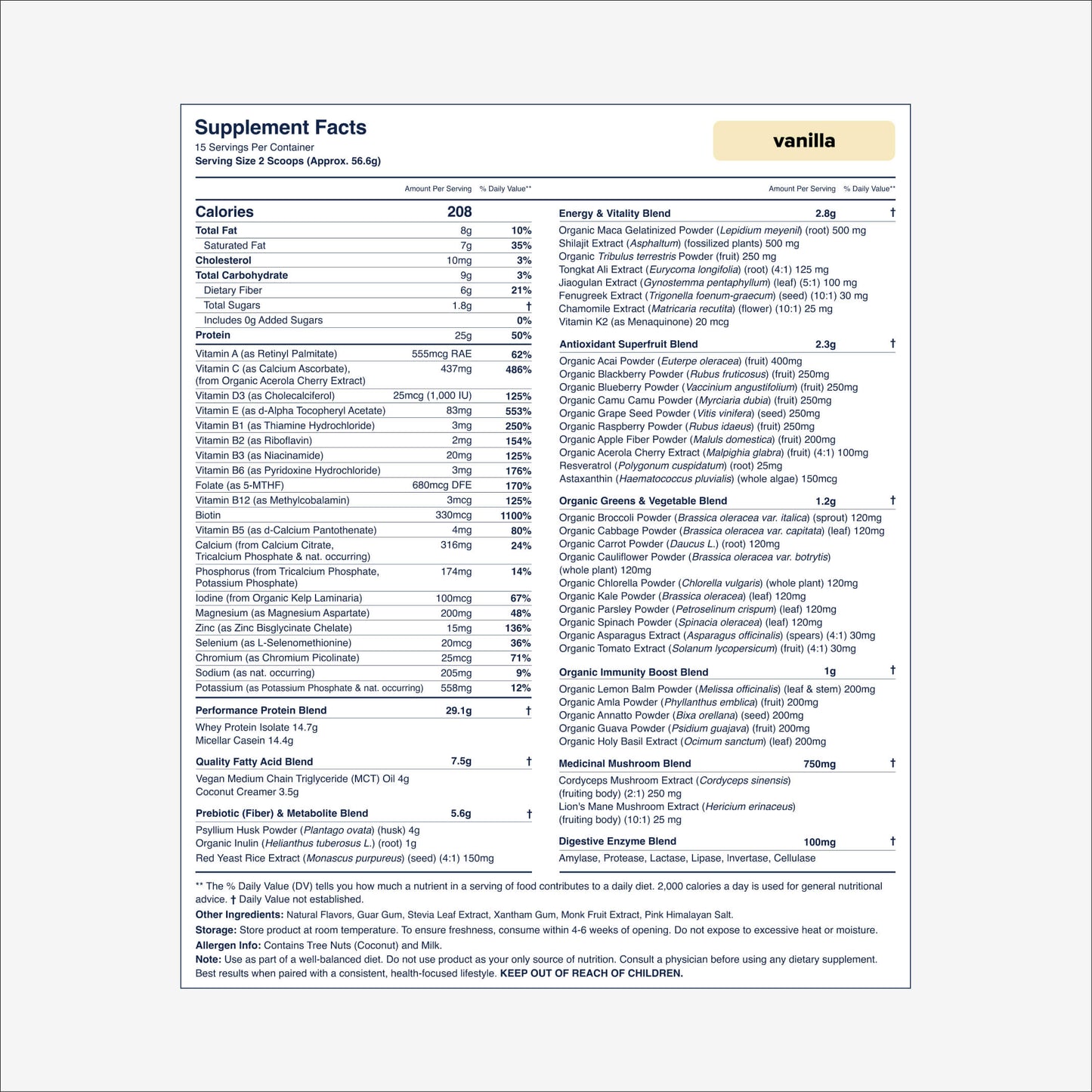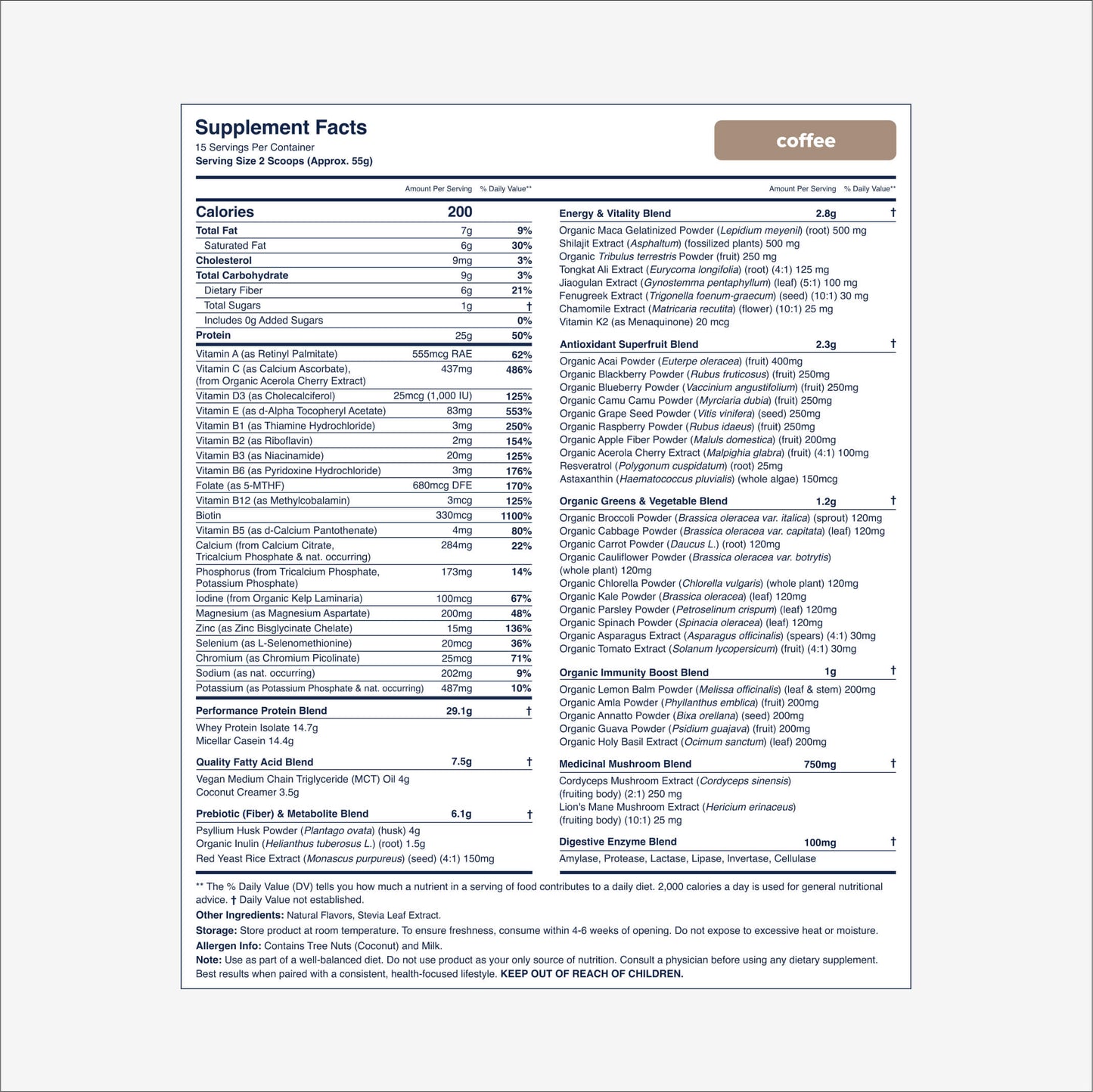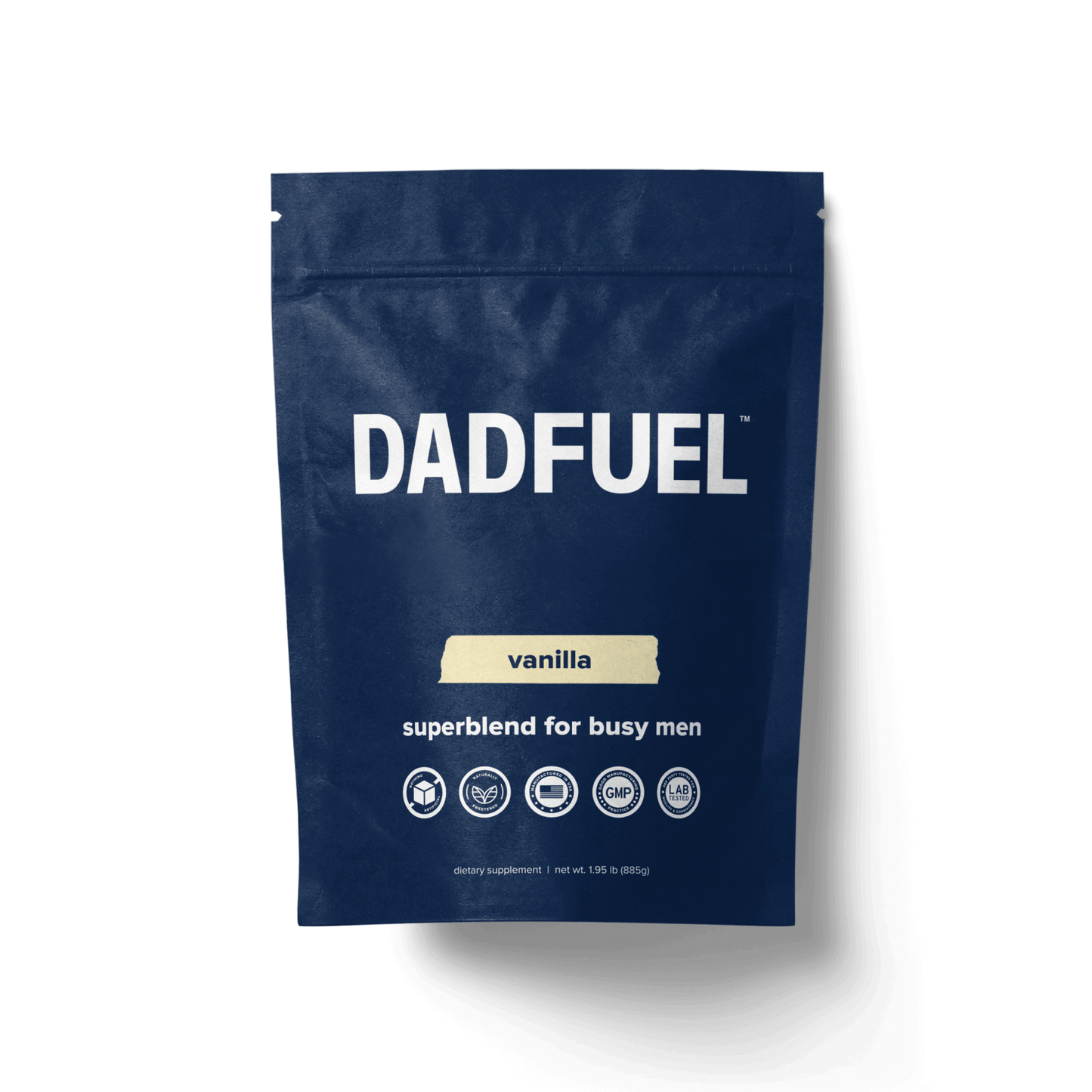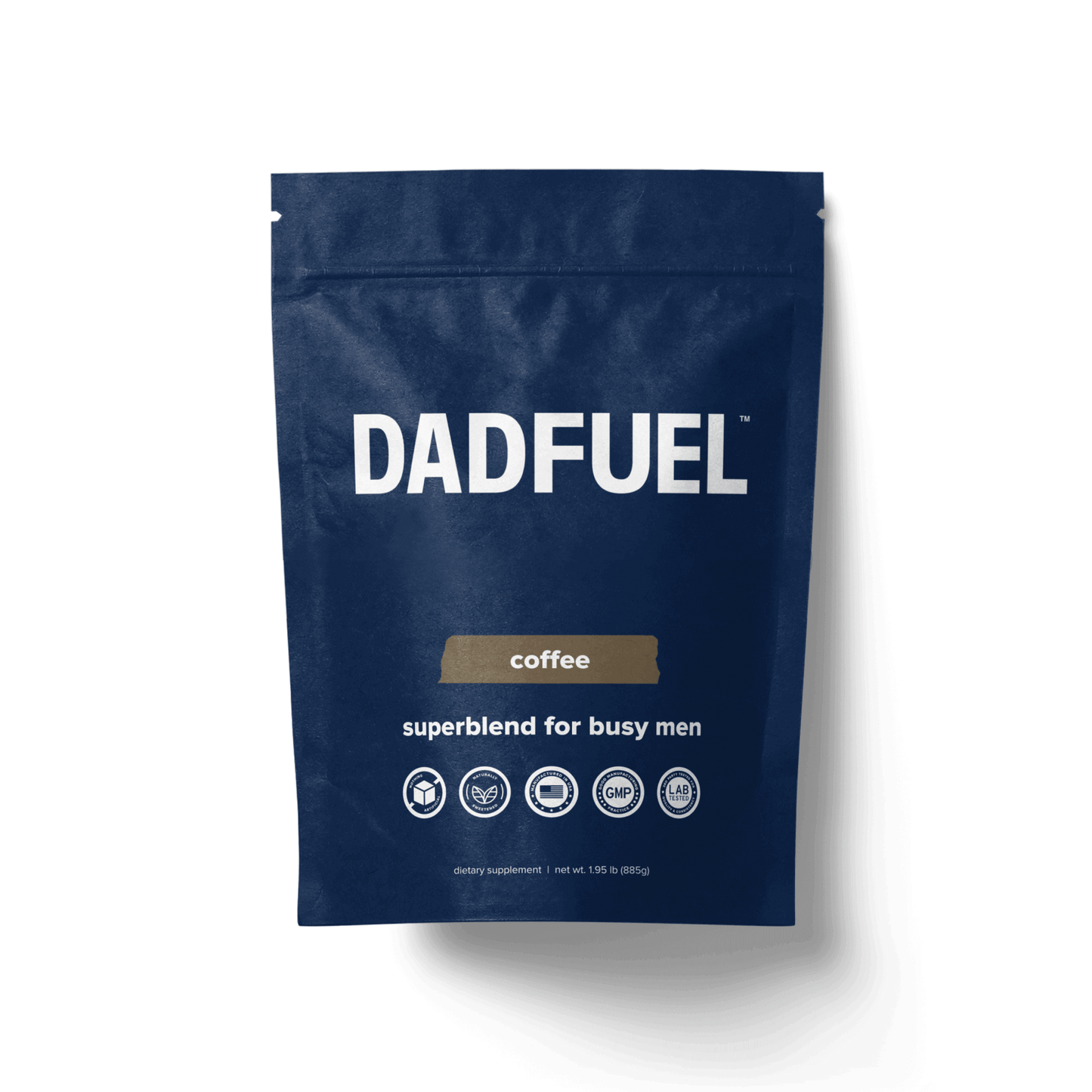When examining the vast selection of gluten-free protein powders, pay attention to these key nutritional factors to ensure you're filling the tank and doing so with premium fuel.
Protein Source
The source of protein in your powder can significantly impact its digestibility, amino acid profile, and suitability for your dietary needs. Common gluten-free sources include whey, pea, hemp, and brown rice. Each has its benefits, with whey renowned for muscle repair and soy for maintaining heart health.
Amino Acid Profile
Proteins are made up of amino acids, the building blocks that support muscle repair, growth, and overall health. A complete protein contains all nine essential amino acids our bodies can't produce independently. Look for a gluten-free protein powder with a complete amino acid profile, ensuring you get the full spectrum of these vital nutrients. This is particularly important for plant-based powders, which often combine multiple protein sources to achieve a complete amino acid profile.
Added Sugars And Artificial Ingredients
In pursuing health, what you don't consume is as important as what you do. Many protein powders can be packed with added sugars, artificial sweeteners, and ingredients that might do more harm than good in the long run. When perusing the ingredient list, opt for powders that keep it simple and wholesome, with natural sweeteners like stevia or monk fruit, if any at all. Remember, it's about fueling your body with the best, not just filling up with empty calories.
Nutritional Extras
Some gluten-free protein powders go the extra mile, offering added vitamins, minerals, and other nutrients to support a well-rounded diet. This can include fiber for digestive health, antioxidants for fighting inflammation, and omega-3 fatty acids for heart health. Especially as a dad juggling a myriad of responsibilities, these nutritional extras can provide an added layer of support to your daily diet.
Allergen-Friendly
Last but not least, consider any additional dietary restrictions or sensitivities you may have. Gluten-free doesn't automatically mean free of other common allergens such as dairy, nuts, or soy. Look for labels that clearly state the product is free of specific allergens to ensure your protein powder is safe and beneficial for your diet.
Comparing Plant-Based vs. Whey Gluten-Free Protein Powders
In the quest for the perfect gluten-free protein powder, dads are met with a central decision: go plant-based or choose whey. It's like picking between fixing a flat tire and tuning up the engine—both essential, but for different reasons and outcomes. It's not just about getting the protein in; it's about how it aligns with your body's needs and values as a present and engaged dad.
Plant-Based Gluten-Free Protein Powders
Imagine you're in a lush garden, and instead of picking vegetables, you're harvesting nutrients for your next shake. That's the vibe of plant-based proteins. These powders are a powerhouse of protein, fiber, and essential minerals derived from sources like peas, brown rice, or hemp. They're the go-to for dads looking to fuel their bodies without any dairy inputs, aligning with vegan or dairy-sensitive lifestyles.
The unique selling point here is the absence of gluten and the incorporation of whole-food ingredients that support overall health. Plant-based powders often have the added benefit of antioxidants and phytonutrients, making them a multifunctional player in your nutritional lineup.
Whey Gluten-Free Protein Powders
Conversely, whey protein offers a robust profile that's hard to beat. Whey, a byproduct of cheese-making, provides a complete protein containing all nine essential amino acids necessary for muscle repair and building—the dream for post-workout recovery or maintaining muscle mass amidst a busy dad schedule.
Opting for a gluten-free whey protein ensures you’re steering clear of the common irritants that can throw a wrench in your day without missing out on whey's high biological value—a measure of how well our bodies can use the protein. The practical, efficient, and potent whey suits those seeking direct, powerful muscle health and recovery support.
The Decision: What's Best for You?
So, which one comes out on top? Well, that depends entirely on your individual needs and preferences. Plant-based protein powders are a fantastic option for those seeking a dairy-free, nutrient-rich choice, while whey protein excels in its rapid absorption and muscle-building benefits. Consider your dietary restrictions, fitness goals, and taste preferences before deciding. And there's no rule against having both in your pantry for different occasions. After all, variety is the spice of life, right?
How To Incorporate Gluten-Free Protein Powder Into Your Diet
Let's dive into some straightforward yet powerful ways to make gluten-free protein powder a staple in your diet, ensuring you're fueled, energized, and ready to tackle the demands of dad life.
Start Your Day On A High Note
Mornings can be a whirlwind, but incorporating gluten-free protein powder into your breakfast is a surefire way to start your day on the right foot. Blend it into smoothies for a quick, nutritious start, or stir it into your oatmeal or yogurt for an added protein punch. These simple tweaks to your morning routine can provide long-lasting energy, setting a positive tone for the rest of the day.
Power Up Your Snacks
Snack time shouldn't just be about curbing hunger pangs; it should also be about fueling your body with what it needs to thrive. Mixing gluten-free protein powder into homemade granola bars, energy bites, or even pancakes can transform your snacks from mere fillers into power-packed treats. This keeps you satiated and your energy levels steady, helping you avoid those all-too-familiar afternoon crashes.
Reinvent Your Favorite Meals
Who says you can't teach an old dog new tricks? Gluten-free protein powder can be a game-changer when reinventing your favorite meals. Incorporate it into soups, sauces, or batters to increase the protein content and add a rich texture that'll have everyone asking for seconds. This approach allows you to enjoy the meals you love while ensuring they align with your nutritional goals.
Recover Right
After a game of catch in the yard or an intense workout, your body needs the right nutrients to recover. A gluten-free protein shake can be the perfect post-workout snack, providing your muscles with the essential amino acids they need to repair and grow. It's quick, efficient, and lets your body know you take its needs seriously.
Embrace The Versatility
The beauty of gluten-free protein powder lies in its versatility. Whether it's part of your breakfast, a snack, a meal, or a post-workout shake, it can be adapted to fit your needs and preferences. Experimenting with different flavors and recipes can make incorporating gluten-free protein powder into your diet not just a healthy choice but also a delightful culinary adventure.
Read also:




 60 Day Better Dad Guarantee
60 Day Better Dad Guarantee
 Fast, Secure Checkout
Fast, Secure Checkout
 Typically Arrives in 2-3 Days
Typically Arrives in 2-3 Days
